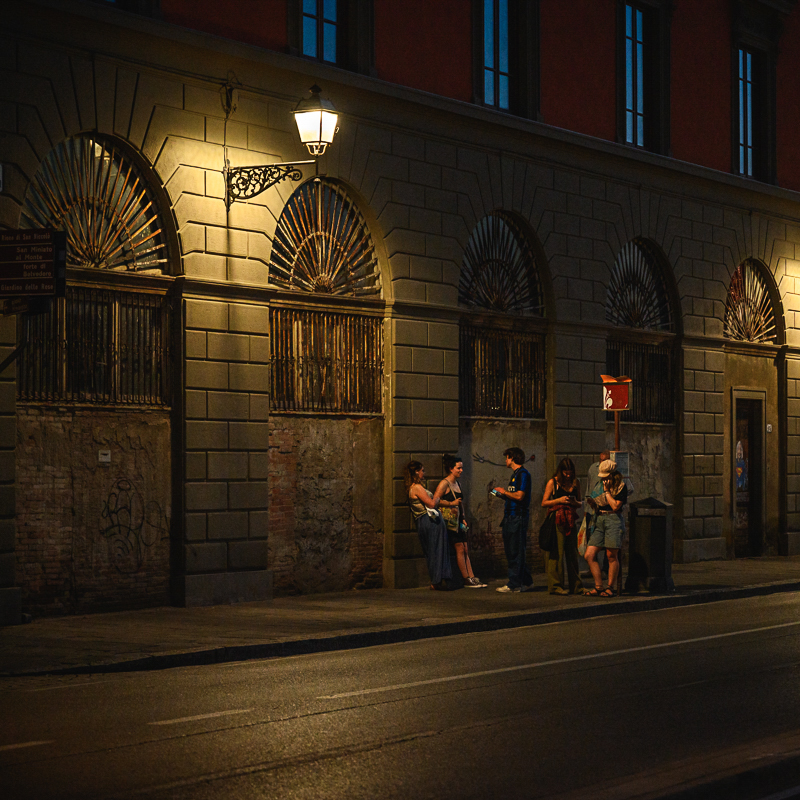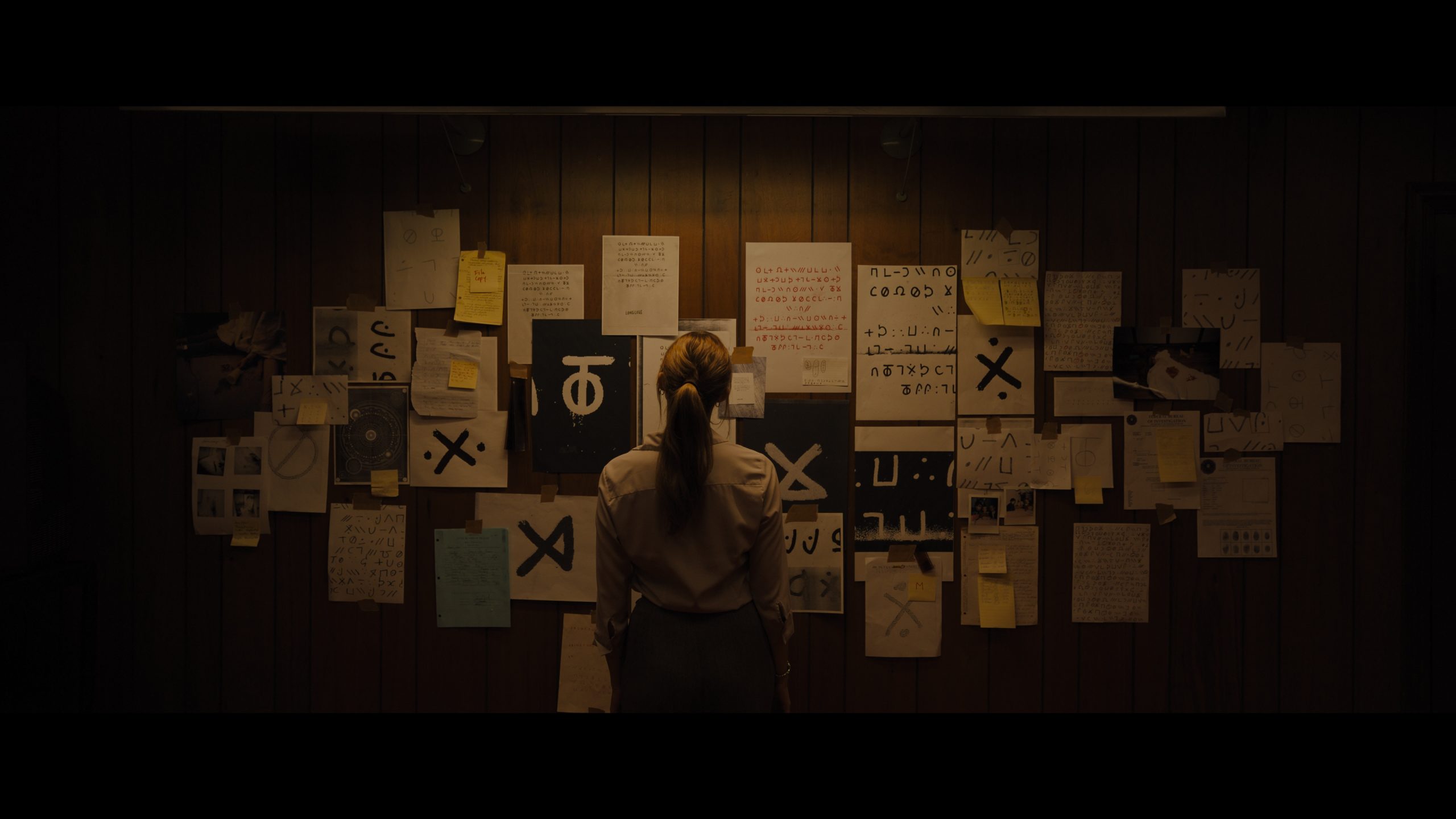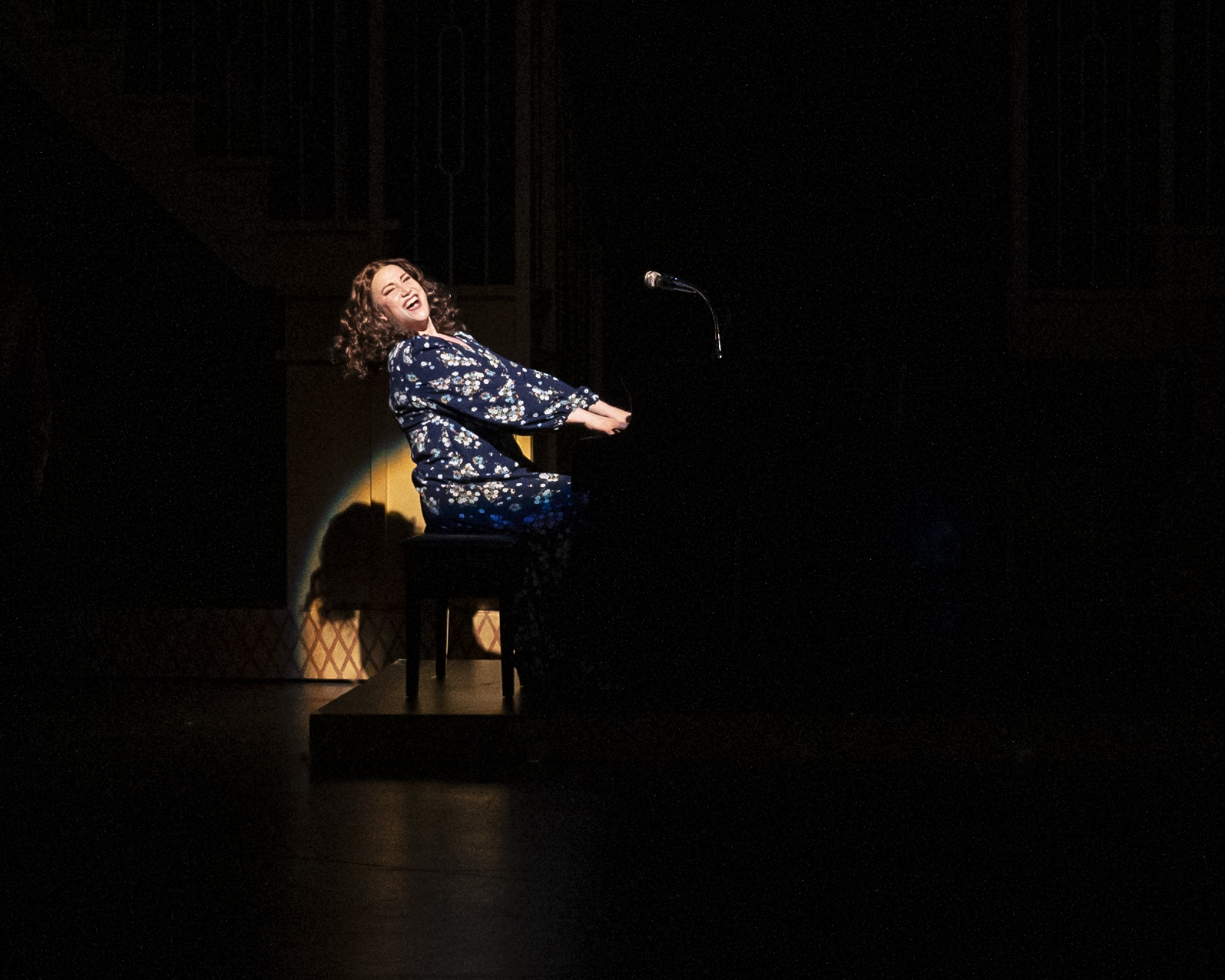How many work projects can you take on at one time? Not as many as Leigh Pilzer can.
If you don’t know Pilzer from her regular seat in the DIVA Jazz Orchestra—drummer Sherrie Maricle’s blazing, nationally renowned all-women big band—you might have seen her playing baritone sax in the Smithsonian Jazz Masterworks Orchestra or the Bohemian Caverns Jazz Orchestra (in which she has also played alto, tenor, and soprano). Or, perhaps, you’ve stumbled across JLQ, the quintet she co-leads with trombonist and longtime collaborator Jen Krupa; Pals, her duo with bassist Amy Shook, another frequent collaborator; the Startet, her all-star combo with Shook, pianist Allyn Johnson, and drummer Greg Holloway; or her Seven-Pointed Star septet—whose personnel varies but at times has included Maricle, Shook, Johnson, and Holloway.
With all of that on her itinerary, you’ve surely seen her somewhere. In every case, Pilzer is one of the best musicians in the city and its best baritone saxophonist, period.
Where you haven’t seen her, however, is in the band she’s just added to the list. Pilzer’s Low Standards, a quartet with Krupa, Holloway, and organist Paul Bratcher, makes its debut on June 22 at Takoma Station.
ISeven-Pointed Star has been her major recent focus: She used the project to record her latest album, Beatin’ the Odds, and to support the album following its March release. “I love the septet,” she stresses. “But it’s so much work. Just sorting through the music for it is a lot of work. And for this gig, I thought, ‘You know, let me do something different.’ I wanted something that was off the cuff and in the moment: a different playing experience.”
Which is to say that Low Standards doesn’t do dense, intricate arrangements; nor is there careful parceling out of solo space for every musician. The band will break out standards (hence the name, which also puns on the low pitch of Pilzer’s bari and Krupa’s trombone) as well as Pilzer’s more straight-ahead originals and play them “more in an older-school spirit of ‘Let’s get on the bandstand and make it happen,” she says. Not quite as unfettered as a jam session, but “in that direction.” It’s an approach that brings with it an element of suspense—even as Pilzer’s audience knows that the undisputed jazz badass can handle anything the bandstand throws at her.
A D.C. native, Pilzer didn’t actually start playing saxophone until after she’d graduated from Bethesda Chevy Chase High School. She took piano lessons as a kid (and hated them), then took up cello in the fourth grade. She tried her hand at bassoon in high school, but kept up the cello even into her first year at Montgomery College, when she fell in love with jazz and picked up the alto sax. Asked to sub on the baritone at a gig, she was enchanted with its low register. “I played the bari and was like, ‘Oh, this is what it’s meant to be. This is what it is.’”
Saxophonist-arranger Bull Kirchner, living in D.C. at the time, told her to go to Berklee College of Music in Boston, which she did—but she dropped in and out of the degree program, coming back to D.C. in between and working the local jazz scene. Pilzer ultimately finished her bachelor’s at Berklee, but D.C. remained home.
It was while working in DIVA, which she joined in 2000, however, that she met Krupa. They became close friends after the trombonist moved to D.C. to join the Navy Commodores, and she and Pilzer would drive together to DIVA gigs.
“We’d be in the car for six, seven hours, talking about everything,” Pilzer remembers. “One time we started talking about that collaborative, spontaneous spirit that you get with a smaller group. I said, ‘I want[ed] to get back to the straight-ahead stuff, the standards and the hard bop, and I feel like we’re both in the same place.’”
Pilzer asked Krupa to consider joining forces for a project—she even clarified that Krupa didn’t have to answer right away. But as soon as she finished talking, Krupa responded immediately: Yes.
Nearly 25 years later, Krupa remains Pilzer’s most frequent front line partner, up to and including Low Standards.
That said, each of the quartet’s members has a long history with Pilzer. Loose and open gigs like the one at Takoma Station (where, by the way, you can expect to hear her venue-dedicated tune “Swingin’ at the Station”) are ultimately about making music with her friends. The June 22 show will be just that, she emphasizes—and in its finest form. “We’re just going to romp and stomp and have a great time.”
Leigh Pilzer’s Low Standards play at 7 p.m. on June 22 at Takoma Station. takomastation.com. $15–$20.




